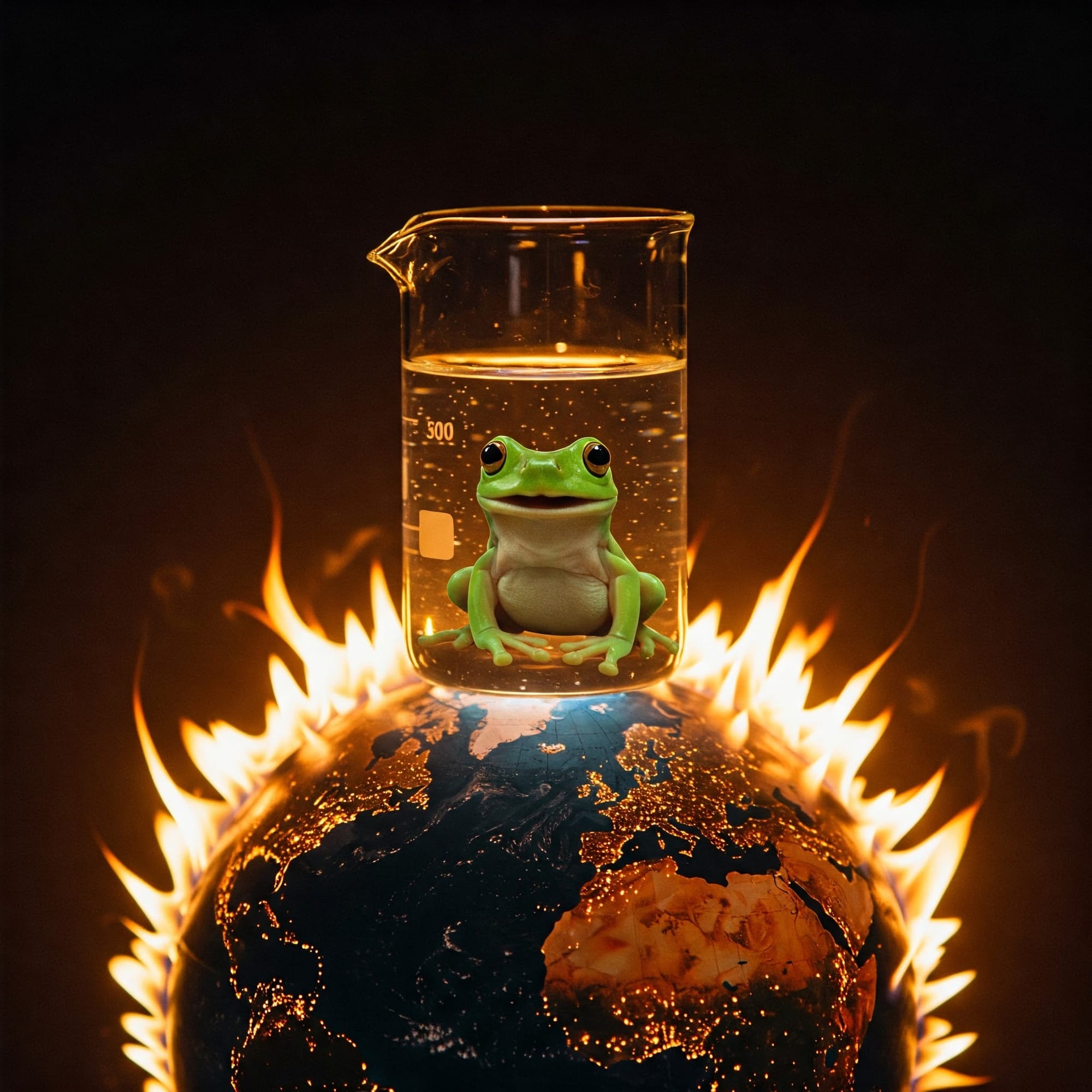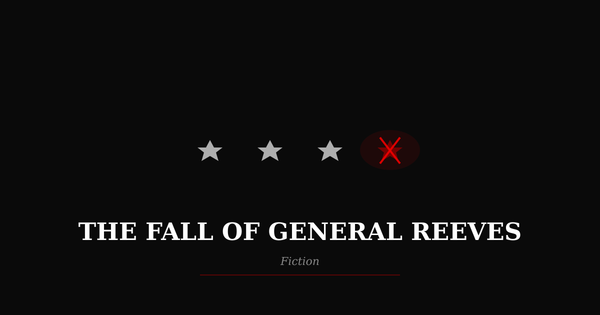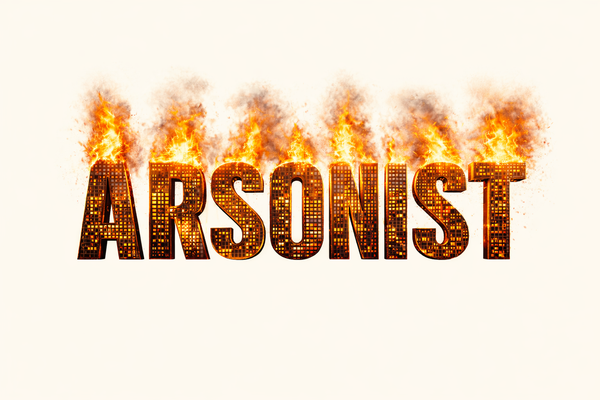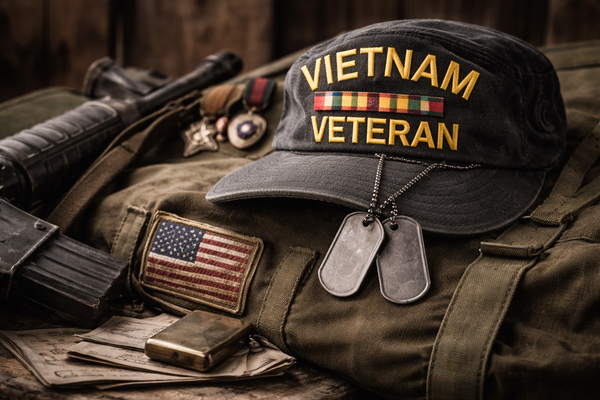PrumpTutin
We'd better saddle up
In late 2015, I smiled and said aloud, “Trump seems to work for Putin.” It was a half-joke, a cocktail of cynicism and instinct. But the smile faded fast. Since then, I’ve watched a pattern emerge—clear, consistent, and damning. The theory not only makes sense—it explains everything.
Trump was recruited in 1987. That’s the claim made by former KGB operatives [19]. They saw in him what they needed: vanity, vulnerability, and a desperate need for cash. By the early 1990s, when U.S. banks had turned their backs on him, Russian money—mob-linked, state-sanctioned—bailed him out [20]. Real estate became the laundromat. His towers, the rinse cycle.
Thanks for reading Joseph’s Substack! Subscribe for free to receive new posts and support my work.
And now? Trump is reshaping our government and culture with the precision of a guided missile—its flight path curiously aligned with the interests of a certain Eastern power. The institutions that made America stable—courts, press, bureaucracy—are being hollowed out, one smirk and stall tactic at a time [10]. The culture is being scorched with disinformation and division [15, 16]. It feels less like chaos, more like demolition.
We may already be living through a coup—a quiet one. No uniforms. No tanks. Just attorneys, lobbyists, and billionaires. This didn’t begin with Trump, of course. It began with Reagan, when “government is the problem” became gospel. The groundwork was laid then for a slow-motion oligarchy, built on deregulation, voter suppression, and torrents of dark money.
Trump is merely the accelerant.
Actions by Trump Benefiting Russia
- Undermined NATO and Western Alliances: Trump frequently criticized NATO, calling it “obsolete” [1], pressed member nations on defense spending, and ordered the withdrawal of thousands of U.S. troops from Germany [2].
- Withdrew Troops from Key Regions: He ordered the withdrawal of U.S. troops from Syria; analysts noted this created an opening for Russian influence in the region [3].
- Discredited U.S. Intelligence Agencies: Despite the U.S. intelligence community’s consensus on Russian interference in the 2016 election [4], Trump publicly sided with Putin against this assessment at the 2018 Helsinki summit [5].
- Delayed Aid to Ukraine: In 2019, Trump withheld congressionally approved military aid to Ukraine; this action, linked to requests for investigations into Joe Biden, violated the Impoundment Control Act, according to the GAO [7], and became central to his first impeachment [6].
- Promoted Russian Disinformation: He and his allies promoted narratives that Ukraine interfered in the 2016 U.S. election, a theory U.S. intelligence identified as a Russian disinformation campaign [8, 9].
- Attacked the Press and Independent Institutions: Trump often labeled major news outlets “the enemy of the people,” rhetoric identified by critics as undermining trust in journalism and echoing authoritarian tactics [10].
- Undermined Sanctions Enforcement: While Russia sanctions expanded under Congressional mandates like the Magnitsky Act, the administration faced criticism regarding inconsistent enforcement or delays [11, 12].
- Alienated Democratic Allies: Trump’s confrontational trade policies and rhetoric strained relationships with longstanding allies like Canada, Germany, and France [13, 14].
- Encouraged Domestic Division: His polarizing rhetoric on issues like race and immigration, analysts noted, contributed to domestic instability, mirroring documented Russian hybrid warfare goals [15, 16].
- Disrupted International Agreements: Trump withdrew the U.S. from the Iran Nuclear Deal (JCPOA) [17] and the Paris Climate Accord [18], moves foreign policy analysts observed created geopolitical vacuums potentially benefiting Russia.
This isn’t just corruption. It’s capture. What we’re witnessing may not be politics as usual—it may be the closing chapter of a long, quiet war. A war waged with influence, not infantry. With assets, not armies.
Whether by design or by ego, Trump has carried out a mission that serves Putin’s goals and dismantles the internal structures that once defined America’s resilience. And many Americans still cheer. That’s the part that hurts the most.
When falsehoods are repeated frequently and confidently, they can begin to feel familiar and, over time, may be accepted as truth. This phenomenon can be advantageous to actors like Russia, who benefit from the erosion of objective facts.
Russian Actions Benefiting Trump
- Targeting Trump: Former KGB personnel indicate Soviet intelligence targeted Trump for cultivation beginning with his 1987 Moscow visit [19].
- Funneling Money via Oligarchs: Following Trump’s earlier business difficulties, investigative reports detail significant investments in his real estate projects by Russian oligarchs and individuals linked to organized crime [20].
- Purchasing Properties: Multiple transactions involved Russians or entities from former Soviet republics purchasing Trump properties, sometimes through shell companies or at inflated prices, as documented in sales like the Rybolovlev Palm Beach purchase [20, 21].
- Directing Cyber Interference (2016): U.S. intelligence agencies and the Mueller Report concluded that Russian intelligence services conducted cyber operations, including hacking Democratic Party servers, to harm Clinton’s campaign and aid Trump’s [4, 9].
- Operating Disinformation Campaigns: Russia’s Internet Research Agency conducted extensive social media disinformation campaigns using fake accounts to influence the 2016 election, promoting Trump and attacking Clinton, according to U.S. investigations [9, 22].
- Flattering Trump: Putin often made public statements seen as flattering towards Trump, a tactic noted by analysts [23].
- Offering Covert Backing: U.S. investigations detailed numerous contacts between Russian intermediaries (including figures linked to Paul Manafort and NRA infiltrator Maria Butina) and individuals associated with the Trump campaign [9, 24].
References
- The New York Times. (2017, January 15). Trump Calls NATO ‘Obsolete’ but Says It’s ‘Very Important to Me’.
- Multiple news sources reported on the planned withdrawal, e.g., The Wall Street Journal. (2020, July 29). Trump Approves Plan to Withdraw Thousands of U.S. Troops From Germany.
- Brookings Institution. (2019, October 14). What are the strategic consequences of Trump’s Syria decision?.
- Office of the Director of National Intelligence. (2017, January 6). Assessing Russian Activities and Intentions in Recent U.S. Elections.
- Multiple news sources covered the summit, e.g., The Guardian. (2018, July 16). Trump sides with Putin over US intelligence agencies on election meddling.
- U.S. House of Representatives Permanent Select Committee on Intelligence, et al. (2019, December). The Trump-Ukraine Impeachment Inquiry Report.
- U.S. Government Accountability Office. (2020, January 16). Matter of: Office of Management and Budget—Withholding of Ukraine Security Assistance. (B-331564)
- Wikipedia. Conspiracy theories related to the Trump–Ukraine scandal. (Summarizes multiple sources and intelligence findings).
- U.S. Senate Select Committee on Intelligence. (2020, August 18). Report on Russian Active Measures Campaigns and Interference in the 2016 U.S. Election, Volume 5: Counterintelligence Threats and Vulnerabilities. (Discusses Russian promotion of the Ukraine interference narrative, Russian cyber operations, IRA campaigns, and contacts).
- Kalb, M. (2018). Enemy of the People: Trump’s War on the Press, the New McCarthyism, and the Threat to American Democracy. Brookings Institution Press. (Cited via Harvard Kennedy School).
- Congressional Research Service. (2021, February 22). U.S. Sanctions on Russia. (Provides overview of sanctions landscape).
- Law Society Journal. (2025, March 25). The future of Magnitsky laws. (Discusses application under Trump).
- Chatham House. (2025, April 15). President Trump’s tariffs increase pressure on allies to reduce security dependence on the U.S..
- Multiple news sources covered trade disputes and G7 summit tensions, e.g., BBC News. (2018, June 9). G7 summit: Trump takes parting shot at ‘dishonest’ Trudeau.
- Wikipedia. Rhetoric of Donald Trump. (Summarizes academic analyses of Trump’s rhetoric).
- Center for Strategic and International Studies (CSIS). (2025, March 18). Russia’s Shadow War Against the West. (Discusses hybrid warfare tactics including exploiting divisions).
- Multiple news sources covered the withdrawal from the JCPOA, e.g., The New York Times. (2018, May 8). Trump Withdraws U.S. From ‘Decaying and Rotten’ Iran Nuclear Deal.
- Multiple news sources covered the withdrawal from the Paris Agreement, e.g., BBC News. (2017, June 1). Paris Agreement: Trump confirms U.S. withdrawal from climate deal.
- India Today. (2025, February 25). Did Soviet Russia recruit Trump as Agent Krasnov, a KGB spy? Here’s the truth. (Discusses claims by Yuri Shvets and Alnur Mussayev).
- Adam Insights. (2025, March 15). Donald Trump and Russia. (Summarizes financial ties and examples, including property sales).
- Reuters. (Various reports, summarized in Wikipedia: Business projects of Donald Trump in Russia). (Details specific property sales like the Rybolovlev transaction).
- Tech Policy Press. (2023, January 15). Examining the Impact of Internet Research Agency Tweets in the 2016 U.S. Election.
- Multiple news sources and analyses, e.g., The Kyiv Independent (2025, April 21) Nearly 100 days of Trump, and Putin is still calling the shots (refers to Putin playing Trump via flattery and business prospects). Also widely reported during Trump’s presidency.
- Wikipedia. Maria Butina. (Details her activities).
Thanks for reading Joseph’s Substack! Subscribe for free to receive new posts and support my work.




